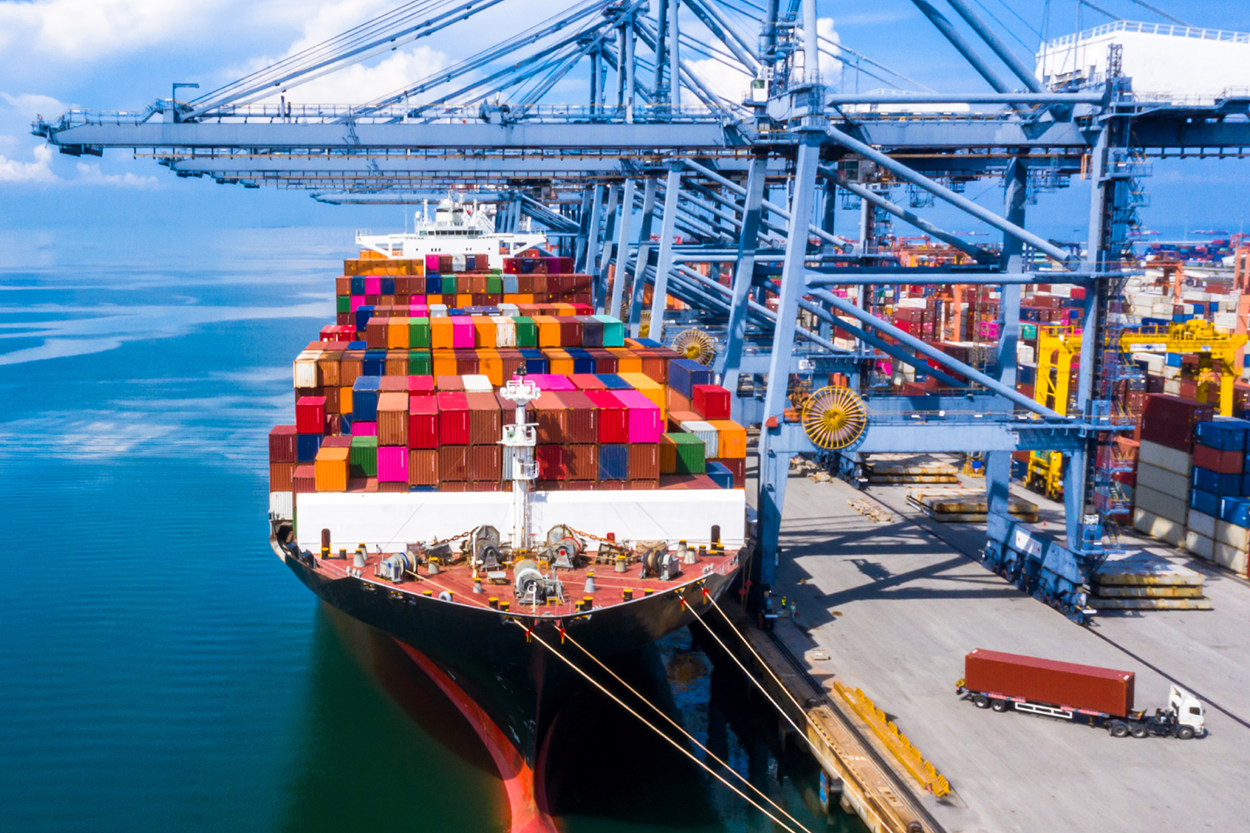
Last week, the Biden-Harris administration released a plan to help federal agencies gear up to implement the federal infrastructure bill quickly.
The White House said its action plan will increase federal flexibility for port grants; speed port infrastructure grant awards; announce new construction projects for coastal navigation, inland waterways and land ports of entry; and launch the first round of expanded port infrastructure grants funded through the newly signed infrastructure bill.
Immediate Actions
Immediate actions identified in the November 9 announcement were:
• Support creative solutions to current supply chain disruptions by allowing flexibility in port grants. The U.S. Department of Transportation (DOT) will allow port authorities across the nation to redirect project cost savings toward addressing supply chain challenges.
• Alleviate congestion at the Port of Savannah by funding the Georgia Port Authority pop-up container yards project.
Near-Term Actions
Other actions outlined by the White House included:
• A $243 million Port Infrastructure Grant Program to be launched within 45 days, with $230 million going toward modernizing port infrastructure and $13 million for the Marine Highway Program to support waterborne freight service.
• Identifying projects for the U.S. Army Corps of Engineers to build at coastal ports and inland waterways within the next 60 days. The plan will provide a roadmap for more than $4 billion in funding to repair outdated infrastructure and deepen harbors to accommodate larger cargo ships.
• Prioritizing key ports of entry for modernization and expansion within 90 days. The plan will identify $3.4 billion to upgrade obsolete inspection facilities and allow more efficient international trade across the nation’s northern and southern borders.
• Opening competition for the first round of port infrastructure grants funded through the infrastructure bill within 90 days. DOT will announce more than $475 million in additional funding for port and marine highway infrastructure.
Freight Movement
The administration committed to helping states and grantees direct federal resources to transportation supply chain needs by:
• Developing a comprehensive freight movement playbook to explain to states how to use DOT grant and loan programs to support goods movement and help ease freight bottlenecks. The White House points out that much of the more than $50 billion per year that states will receive in federal highway funding due to the infrastructure bill can be used to repair and modernize existing infrastructure to improve freight corridors.
• Incorporating the best worldwide freight planning practices into revised DOT guidance on state freight plans. Improved plans that include supply chain cargo flows, an inventory of commercial ports, the impacts of e-commerce on freight infrastructure and assessments of truck parking facilities will help states direct resources to the greatest economic development needs.
Data Sharing
The federal administration called for the DOT to work with the Federal Maritime Commission on setting new data standards for goods movement. Standardizing data, the administration said, is an important first step to “ensure interoperability” among the various companies in the goods movement chain.
Those companies, largely privately operated, include shipping lines, terminal operators, railroads, truckers, warehouses and beneficial cargo owners.
Standardizing the data exchange, the administration said, will further strengthen resiliency, leverage current digitization, and lead to greater transparency, fluidity, competition and efficiency across the supply chain.
CalChamber Actions
As reported earlier, the California Chamber of Commerce sent a letter on November 2 to Governor Gavin Newsom and members of the California Legislature offering a series of practical steps the state can take to ease the supply chain crisis and alleviate congestion at California ports.
In October, the CalChamber Council on International Trade hosted a virtual meeting with Federal Maritime Commissioner Carl Bentzel to discuss the state of U.S. ports and short- and long-term challenges in the shipping industry.

